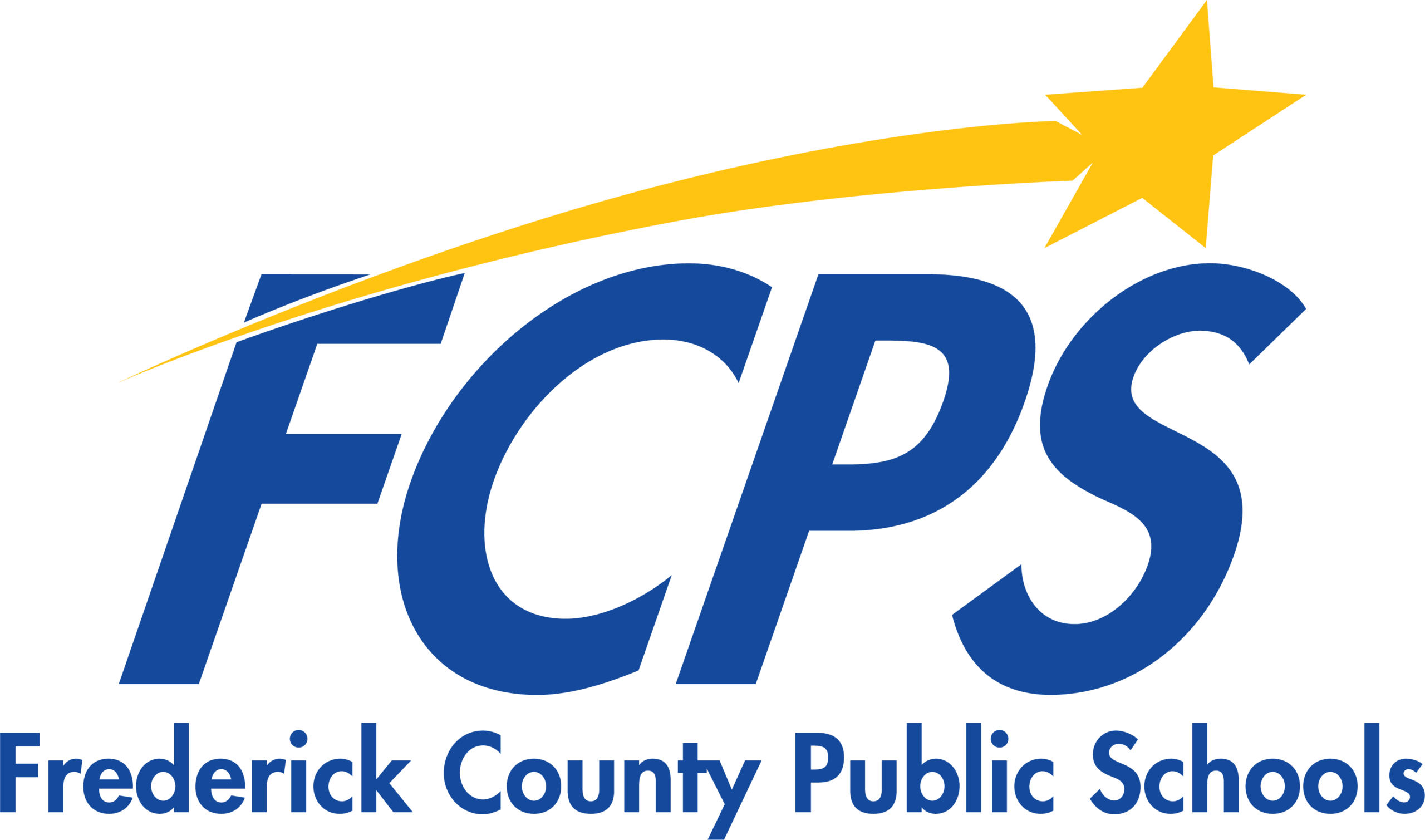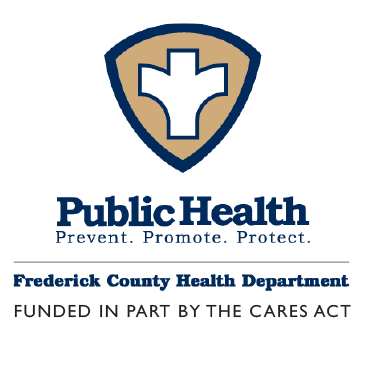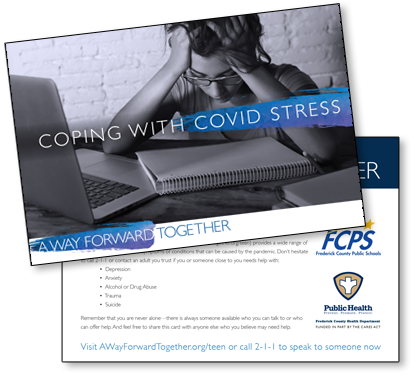
A Message for Teens
Life during even normal times can be rough. However, it seems like COVID-19 is making anything even resembling normal times seem like a distant memory.
Just know that the extra stress you might be feeling from restrictions caused by the pandemic is totally normal. Everybody—kids, teens, adults, seniors—is affected by COVID-19 whether they realize it or not.
The key to getting through this time is to keep close tabs on how you’re thinking and feeling from one day to the next. Are you finding it harder to get along with family or friends? Get schoolwork done? Are you having aches and pains that you never noticed before? If so, you could be at risk for a number of concerns that need attention. Below are several conditions, and their signs and symptoms, to look out for in yourself and those around you. The important thing to keep in mind is that support is available to help you get through hard times.
In addition to seeking professional help or calling 2-1-1, there are several simple things you can do to help cope.
Anxiety
Anxiety is more than worrying about stuff all the time, although that can be a big part of it. Signs of increased anxiety can include:
- Having more headaches or stomach aches than usual
- Eating too much or too little
- Being afraid to go somewhere or to try something new
- Feeling overwhelmed or putting important stuff off and missing deadlines
- Thinking you have to be perfect in everything you do
- Sudden panic attacks
Depression
Depression can have many faces and forms. They can include:
• Crying a lot
• Feeling hopeless or empty
• Thinking about suicide
• Focusing on your mistakes or blaming yourself for everything
• Shutting out family and friends
• Not sleeping or sleeping way too much
• Hurting yourself
Depression isn’t just about feeling really sad. Did you know that getting mad or frustrated more often over little things, or simply feeling extra tense and restless, can also be signs of depression?
Trauma
Your family might be in a really difficult situation now and you need support if individual family members lash out or blame others for their problems. Pay attention and get help if someone in your family is:
- Physically threatening or being violent with others
- Neglecting the care of children or other vulnerable people in the home
- Regularly engaging in name calling, threats, and intimidation
- Harming pets or other animals
- Misusing drugs and alcohol
If you or others in your household are in immediate danger, call 9-1-1. If you believe you have experienced trauma and would like to access help, call 2-1-1. If you are in an abusive environment or relationship, call Heartly House on its 24-hour hotline at 301-662-8800 or visit HeartlyHouse.org for resources.
Alcohol/Drug Abuse
Peer pressures, the death of a loved one from COVID-19, restrictions on visiting family or friends, and remote learning frustrations are hardships happening everywhere. And they are causing increasing numbers of young people to turn to alcohol or drugs as an escape. Below are signs of someone who may have a substance abuse problem:
- Binge drinking/having many drinks within a short amount of time
- Frequent intake of painkilling prescription medication
- Unexplained avoidance of hobbies or interests
- Reckless behavior that endangers a person’s health or life
- Worsening school or work performance
- Asking family members to sneak alcohol or prescription drugs into the home
Suicide
Sometimes it may seem like no one cares about you or that life under the pandemic just isn’t worth living. If you or someone you know is having thoughts of suicide, don’t wait—get help immediately. Warning signs include:
- Talking about wanting to die or having no hope for the future
- Suggesting that others would be better off without them
- Sudden or unusual changes in behavior
- Withdrawal from friends and family
- Little or no reaction to highly emotional situations
- Giving away personal items
If you believe a situation is immediately life threatening, call 9-1-1. Otherwise, call 2-1-1 or the National Suicide Prevention Lifeline at 1-800-273-8255.
No matter what kind of stress COVID-19 is causing in your life, just know that you are not alone and that help is always available.
Talk to an adult you trust—it can even be a teacher or a school counselor. Or you can always call 2-1-1 and ask for a crisis counselor. They’ll take it from there—all you need to do is to take that first step and let them help you.
One More Thing:
Did you know that you can get involved with all kinds of groups where you can meet other teens who are working through difficult situations? There are groups for getting help when someone you love has died, groups whose parents are having problems with drugs or alcohol (Kids Like Us), and after-school clubhouses (On the Mark) where you can get help with schoolwork and take part in fun activities. If you’re interested, your school counselor can get you connected!









